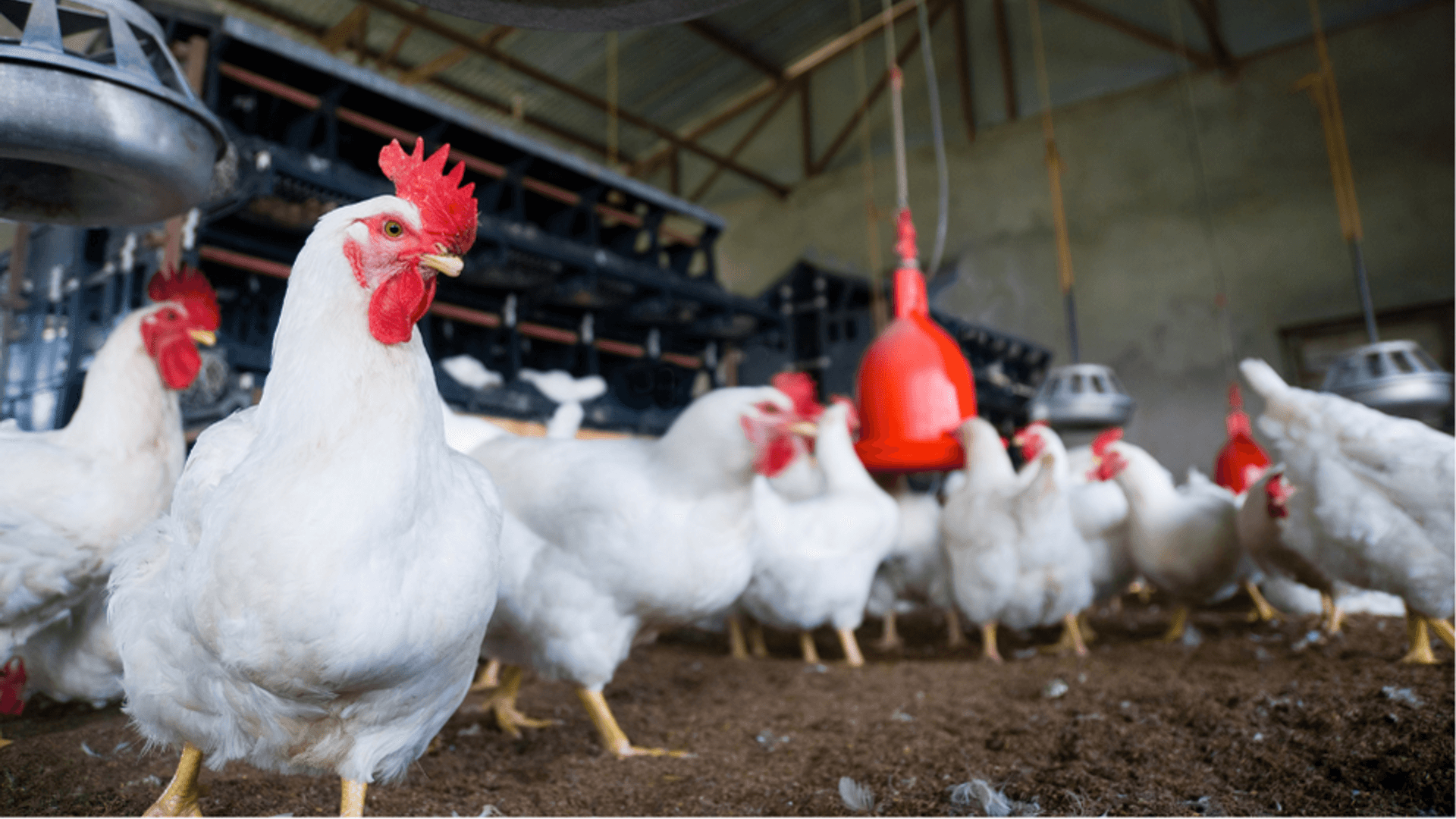Liver and Kidney Related Metabolic Problems in Poultry Production
Metabolic problems are a major challenge in poultry production, particularly affecting the liver and kidneys. The delicate balance of metabolic processes is critical to maintaining optimal health and productivity in poultry. Liver disorders in chickens often result from imbalances in nutrient intake, exposure to mycotoxins, other toxic metabolites or infectious agents. Conditions such as fatty liver syndrome, hepatic lipidosis and aflatoxicosis can impair liver function, resulting in reduced egg production, poor growth rates and increased susceptibility to infection.
Similarly, kidney problems in poultry production are often associated with nutritional imbalances, infectious diseases or environmental stressors. Treatment periods can also affect the integrity of the kidneys. The kidneys play a vital role in maintaining electrolyte balance and excreting metabolic waste products. Any disruption in these functions can lead to conditions such as nephritis, which causes kidney damage and impaired urine production.
Metabolic problems in the liver and kidneys not only affect the overall welfare of the birds, but also result in economic losses for poultry producers. In addition, effective management strategies should focus on the prevention and support of these key organs to maintain and ensure the sustainable productivity of poultry farms.
Herbal Power, Energy and Electrolytes
Botanical solutions for poultry liver problems that support liver protection can help optimize fat metabolism and show overall liver improvement. Artichoke (Cynara scolymus) and holy thistle (Silybum marianum), commonly known as milk thistle, are two herbs known for their potential benefits in liver-related challenges. Artichoke is rich in antioxidants and compounds that can aid in the liver’s detoxification processes, helping to eliminate toxins from the body. Milk Thistle, particularly its active component silymarin, has been studied for its hepatoprotective properties, potentially protecting the liver from damage and promoting liver cell regeneration.
Facilitating electrolyte balance for kidney health and preventing kidney disease can be achieved through a solution-oriented approach that incorporates energy sources rich in high-quality electrolytes. By choosing energy sources that not only maintain vitality but also provide essential electrolytes, kidney function can be proactively supported, and the risk of kidney disease reduced.
Nutritional support, achieved through a balanced diet and the incorporation of milk replacers or electrolyte solutions during episodes of diarrhea, maintains the delicate balance necessary for optimal calf health and well-being. This cohesive strategy emphasizes the interrelated nature of these practices that collectively prioritize the well-being of the calf. With this in mind, the inclusion of specific elements such as certain botanicals and electrolytes has demonstrated potential benefits in the management of non-specific diarrhea. The inclusion of these botanicals aims to support the overall resilience of the calf’s digestive system. In addition, electrolytes play a critical role in maintaining hydration and electrolyte balance during episodes of diarrhea, helping to mitigate the potential consequences of fluid loss. When used in a comprehensive approach, these elements can play a supportive role in improving calf health during episodes of non-specific diarrhea, contributing to the broader strategies employed in calf management practices.
Check out our liquid additives, the liver tonic Metavolin Herbal and our kidney flushing Renal Cleaner.
Our Solution
- Renal CleanerA Good Plumber
- Metavolin Herbal®Prepare for the long run


